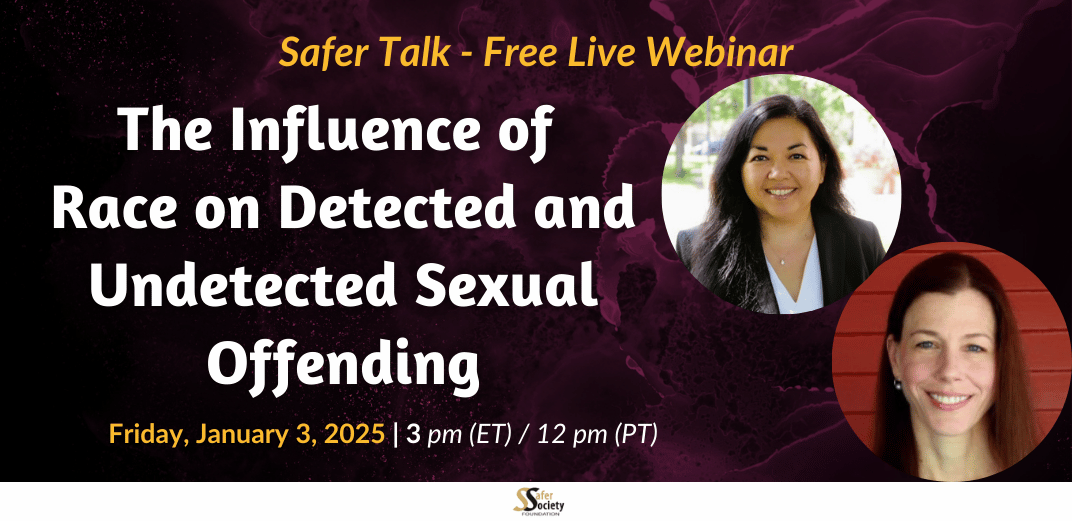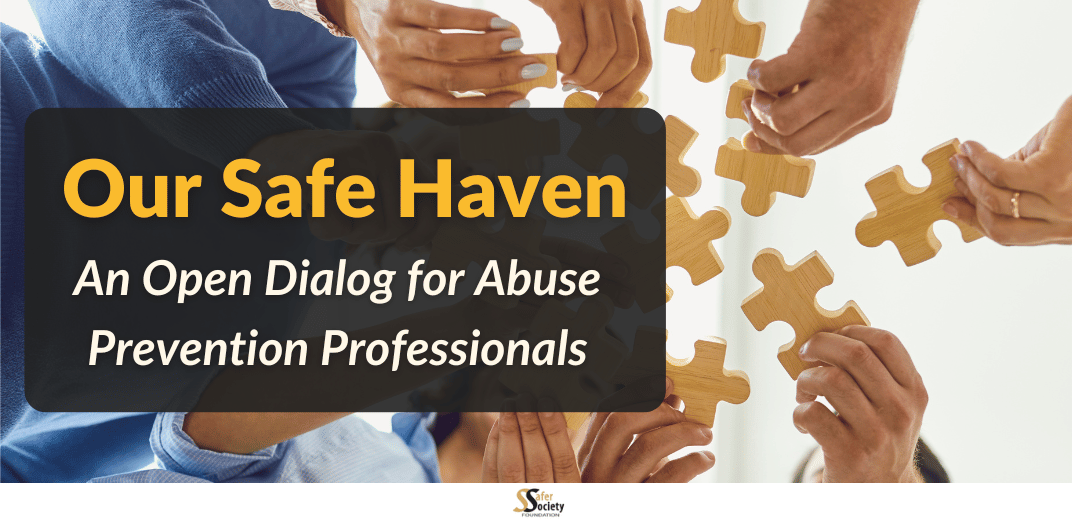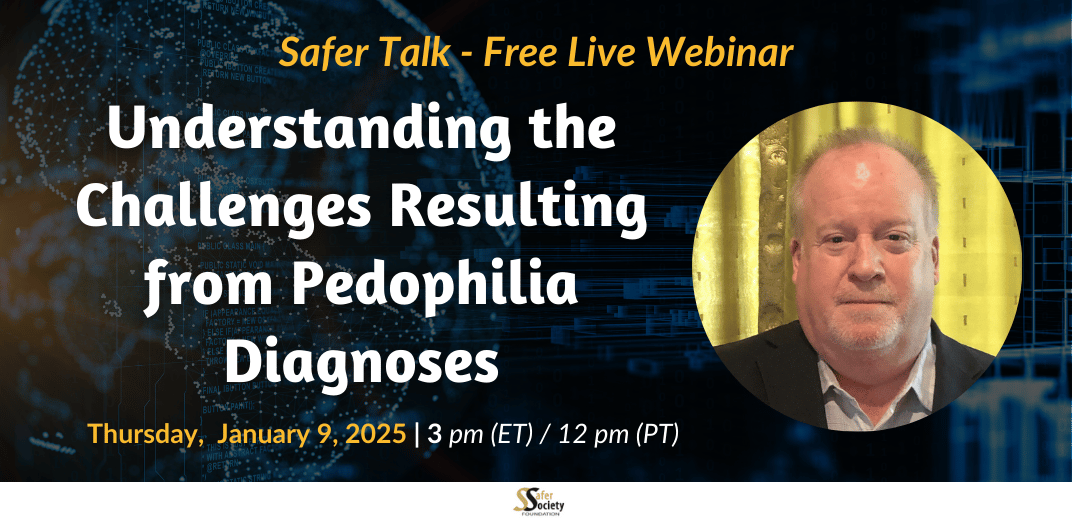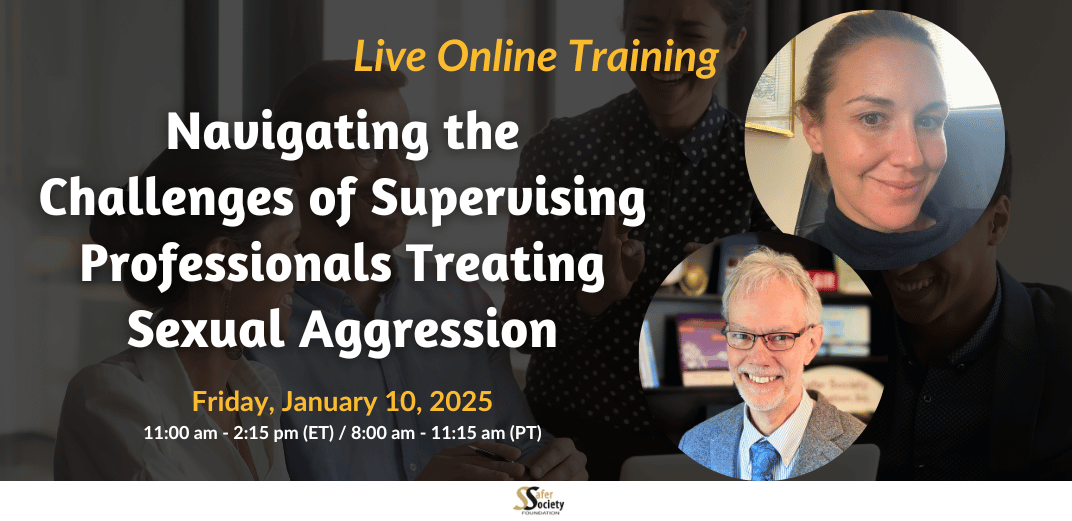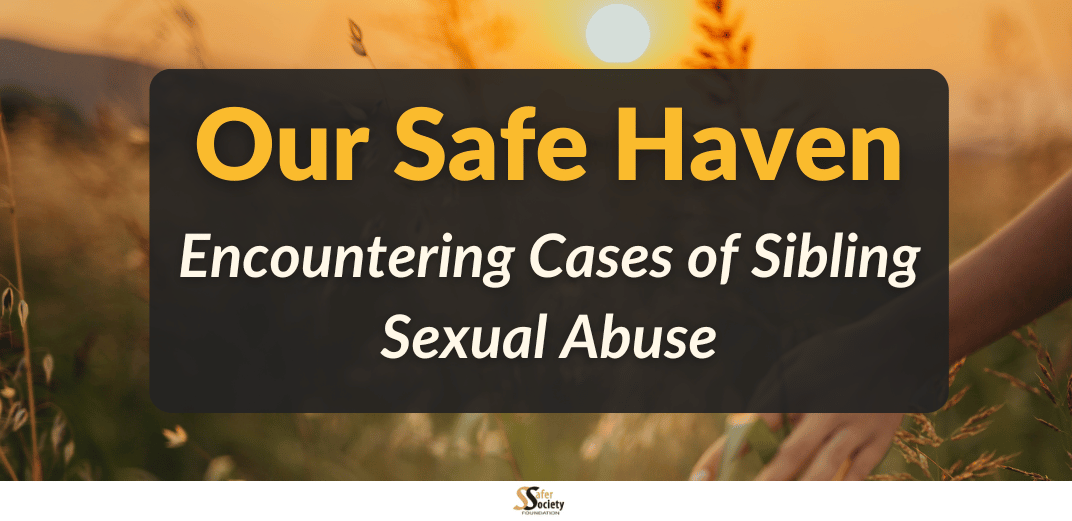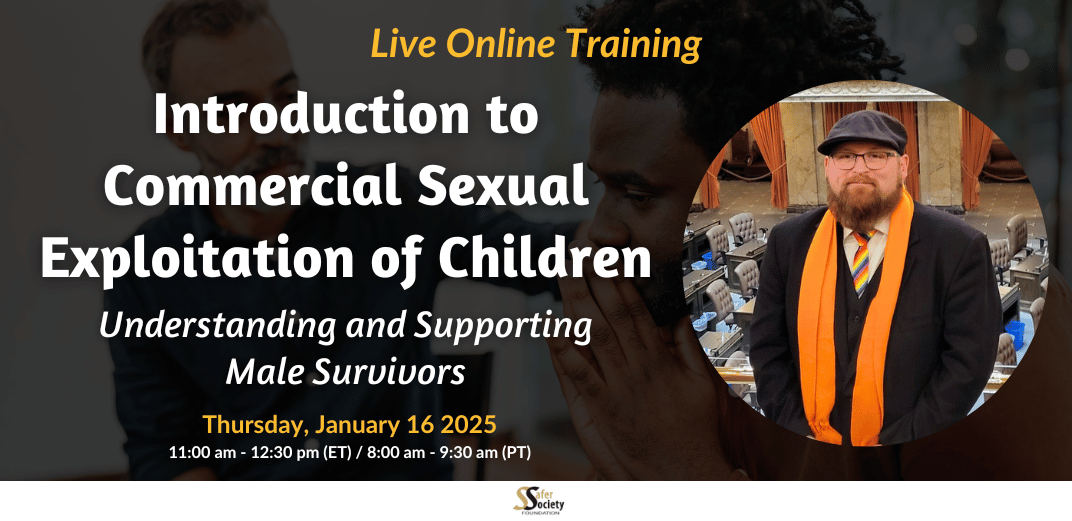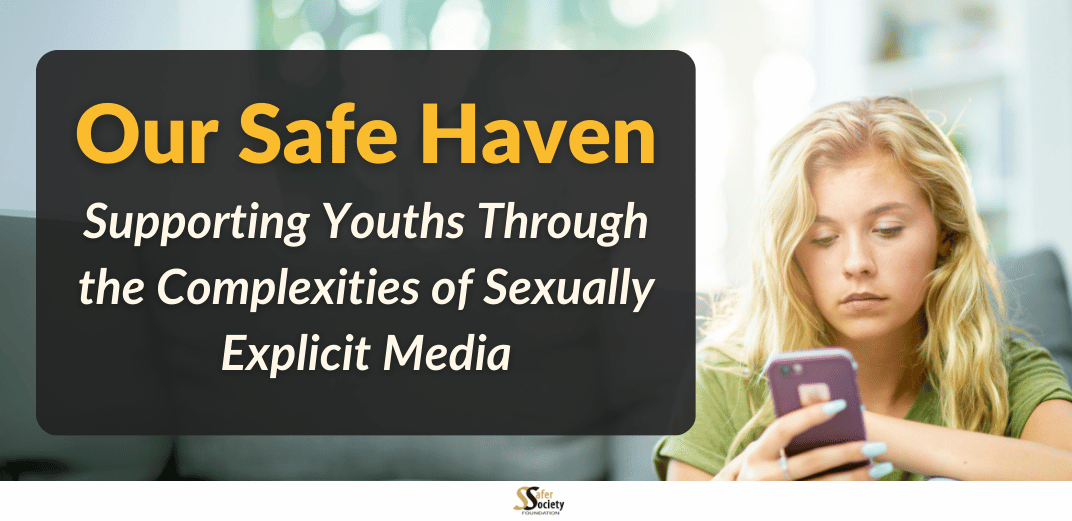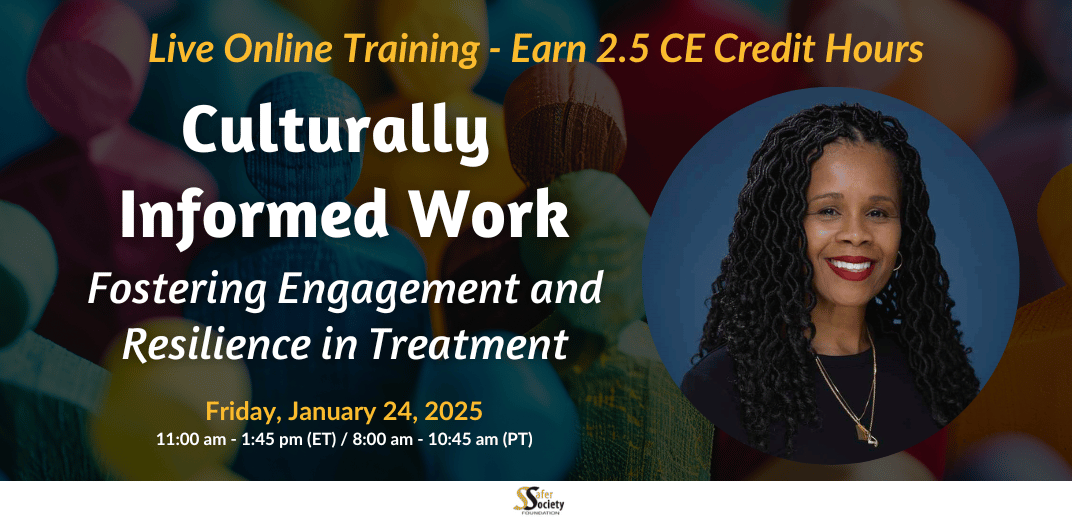Our Safe Haven: An Open Dialog for Abuse Prevention Professionals
Our Safe Haven sessions are a unique opportunity for professionals to engage in informal discussions about their work in the mental health field. At Safer Society, we place a high value on community and collaboration, creating environments where professionals can share experiences, seek support, and practice self-care. These sessions are a chance to embrace compassionate and empathetic approaches that promote healing for both those who cause harm and those who have been harmed.
Unlike our more exclusive ‘Our Safe Haven’ sessions, these gatherings focus on organic discussions about the inherent challenges and victories in this demanding field.

